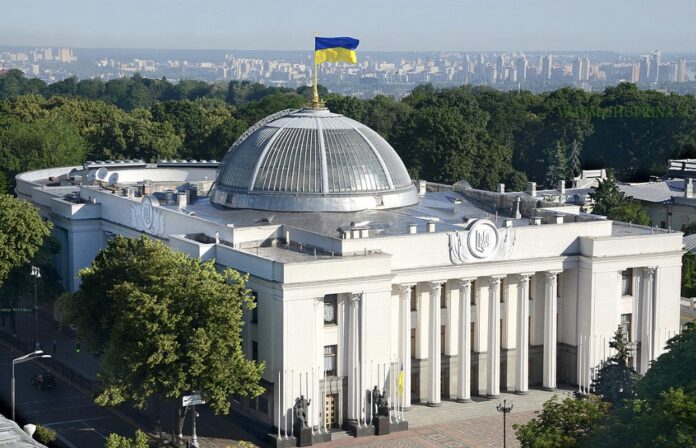The bill No. 9450 on international territorial cooperation was revised with several significant changes. Among them are the expansion of its application to more territories and detailing cooperation at the level of inter -territorial, cross -border and transnational levels. The law also establishes a ban on cooperation with the aggressor state, allows district councils and heads of military administrations to initiate cooperation and determines a clear algorithm for the implementation of joint projects financed at EU expense. In addition, a detailed procedure for coordinating cooperation agreements with the Ministry of Infrastructure was introduced.
At one of the closest meetings of the Verkhovna Rada, the bill No. 9450 on the international cooperation of local self -government, which was voted in the first reading, is planned. The People's Deputy and the chairman of the subcommittee on administrative-territorial system and local self-government Vitaliy Bezuin told about the changes that took place before the second reading.
According to the People's Deputy, there are several important innovations in the project. First, the name and zone of influence changed. Now the project will cover even more territories and will be called "about international territorial cooperation". Secondly, such cooperation will be divided into inter-territorial, cross-border and transnational.
Innovations also provide for a ban on inter-territorial cooperation with the aggressor state. Among others, the subjects of cooperation will be the district councils, which will be able to initiate cooperation and implement projects in sub -regions. Heads of military administrations will also have the right to initiate cooperation if they are transferred to the relevant self -governing powers.
"Bill 9450 is aimed at systematic implementation of joint projects at the expense of EU funds. It provides a clear algorithm for communities, districts and areas for cooperation with international partners, including the search for partners for joint projects and implementation of the agreement," Bezuin emphasized.
The updated project also describes in detail the procedure for coordinating cooperation agreements with the Ministry of Infrastructure, including clear deadlines and restrictions on unreasonable rejection of the projects.


